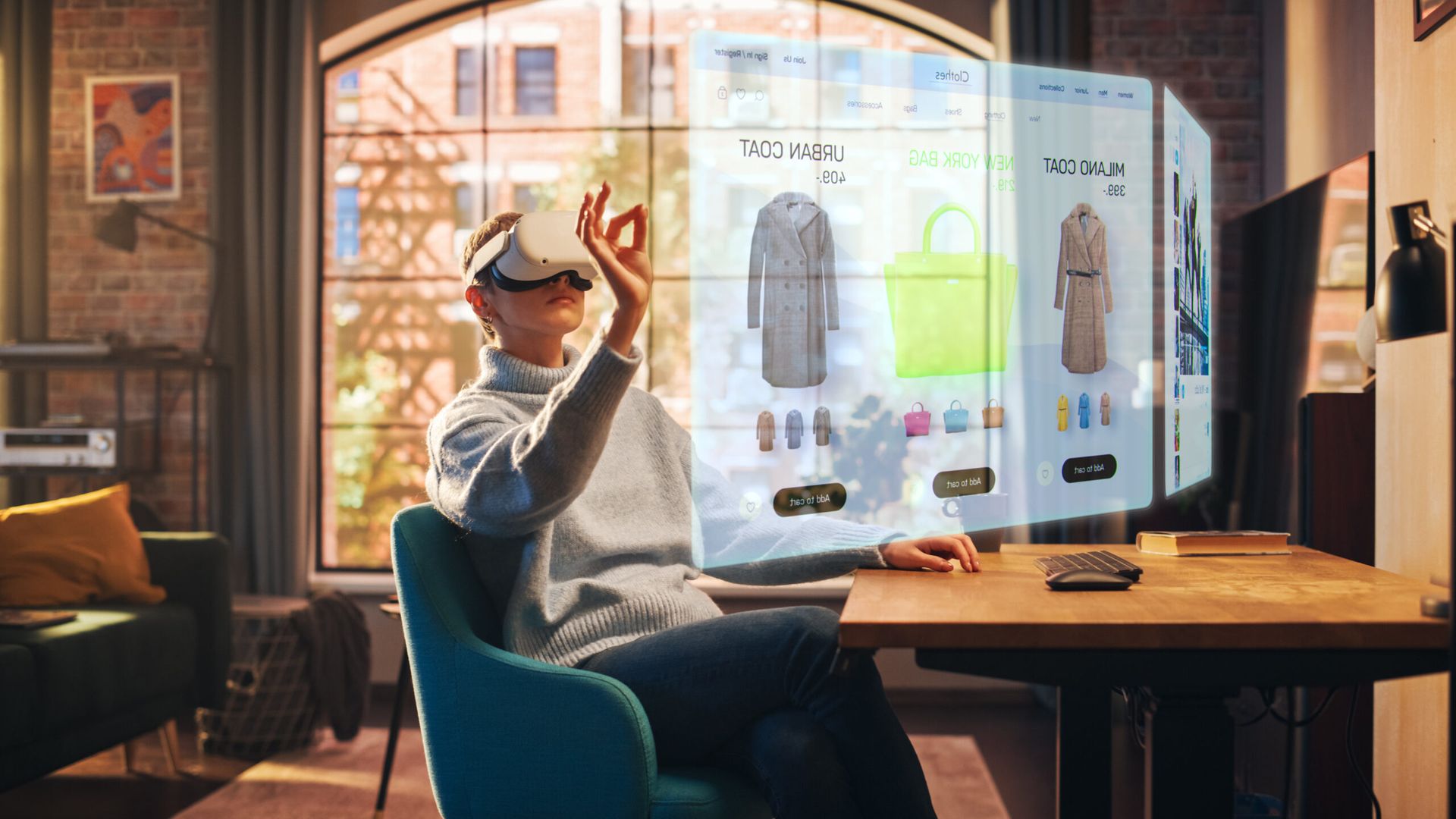The human brain can only manage a finite amount of information and, if the load is excessive, we can lose data along the way. When training doctors, sales teams, or internal teams, the goal is for them to absorb as much information as possible, retain it, and look for more. In this process, game training can be a major ally, as explained by Olivia Walsh, founding partner and chief creative officer at APPLE TREE, in an article in PM Farma.
Olivia reminds us that, during the learning process, strong activation of the hippocampus makes the content easier to remember. “One of the keys to an attractive game is a good story; yes, yes, storytelling! People tend to remember stories better than data or lists of unconnected facts. This is not just a matter of preference; it is a physiological thing. When we take part in a story, the brain releases oxytocin, which generates feelings of trust and empathy. When the brain receives information presented as a story, we recognize it as more authentic, more valid”.
Making the story relevant will also make it more memorable. Gamification means creating a narrative around the learning activity, forging an emotional connection with the player and, therefore, increasing the relevance of the task to be performed, because everyone pays more attention to information they empathize with and create a personal link with, as explained by Olivia in the article. “At APPLE TREE, we continue to create stories that engage to make training a success and be able to help our clients the keep the high score. Shall we play?”


